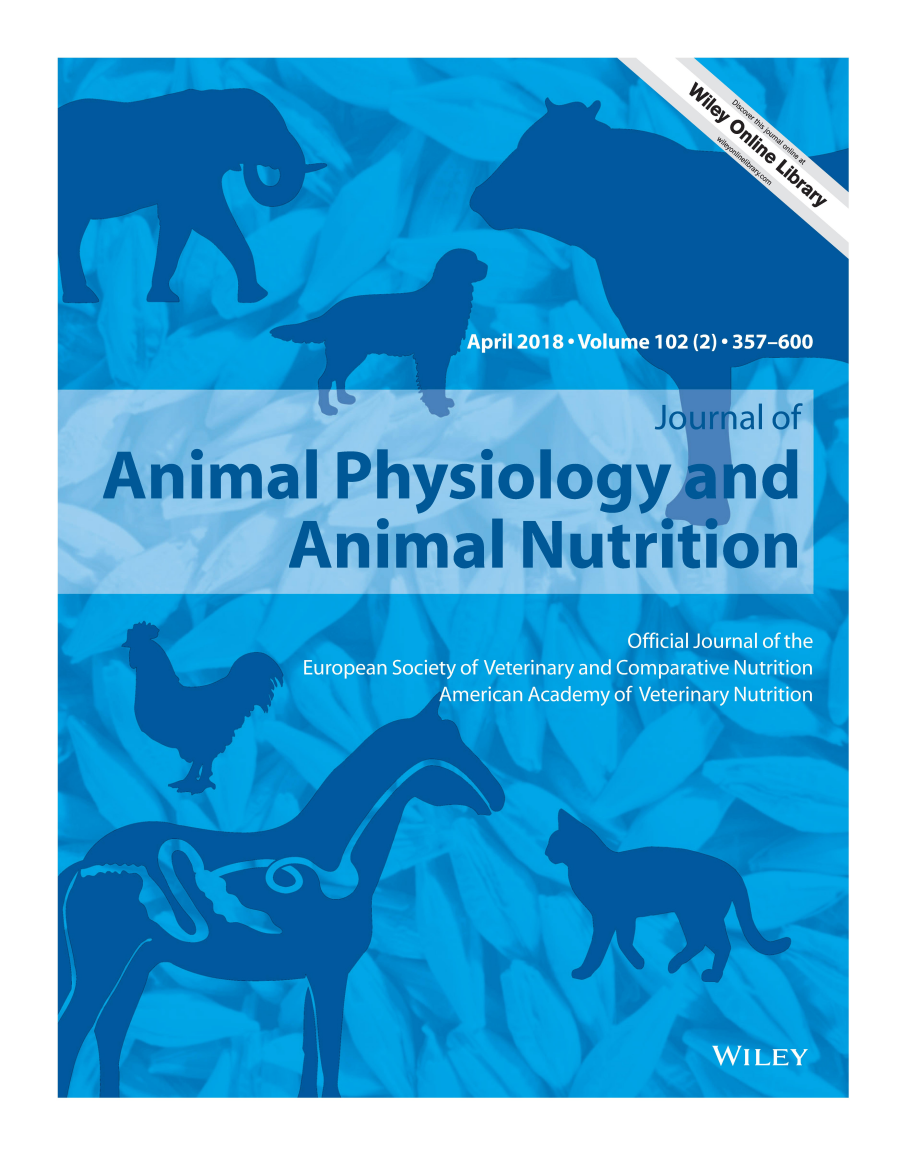 In 2015, a group of researchers based in Spain decided to write a review article on high blood pressure. But when they looked over eight articles co-authored by the same person, they noticed some undeniable similarities.
In 2015, a group of researchers based in Spain decided to write a review article on high blood pressure. But when they looked over eight articles co-authored by the same person, they noticed some undeniable similarities.
Over the last few years, Giuseppe Derosa, based at the University of Pavia in Italy, has racked up 10 retractions after journals determined he’d published the same material multiple times. But there’s much more to this story: The researchers in Spain (led by Luis Carlos Saiz of the Navarre Regional Health Service in Pamplona) kept digging into his publication record, and have since identified dozens of additional potential duplicates. Although the outside researchers alerted journals to the additional potentially problematic papers in 2015, most have not taken action; recently, two journals published by Taylor & Francis flagged 12 of Derosa’s articles, three of which they had been alerted about in 2015 by Saiz and colleagues.
Now, Saiz is telling his story — and why duplication of medical research matters:
Continue reading A distorted record on blood pressure drugs: Why one group is trying to clean up the literature


 In 2015, a group of researchers based in Spain decided to write a review article on high blood pressure. But when they looked over eight articles co-authored by the same person, they noticed some undeniable similarities.
In 2015, a group of researchers based in Spain decided to write a review article on high blood pressure. But when they looked over eight articles co-authored by the same person, they noticed some undeniable similarities.  A fish scientist in Iran has now
A fish scientist in Iran has now  A researcher collected her own blood and forged the labels so it would appear to be samples from nearly 100 people, according to a
A researcher collected her own blood and forged the labels so it would appear to be samples from nearly 100 people, according to a 
 A few years ago, Richard Miller of the University of Michigan had a serious dilemma: He discovered a former researcher in his lab was doing research somewhere else. Normally, that would be fine — except this research had admitted to committing misconduct in Miller’s lab.
A few years ago, Richard Miller of the University of Michigan had a serious dilemma: He discovered a former researcher in his lab was doing research somewhere else. Normally, that would be fine — except this research had admitted to committing misconduct in Miller’s lab. We finally have some clarity on the case of the erroneous retraction over at the
We finally have some clarity on the case of the erroneous retraction over at the